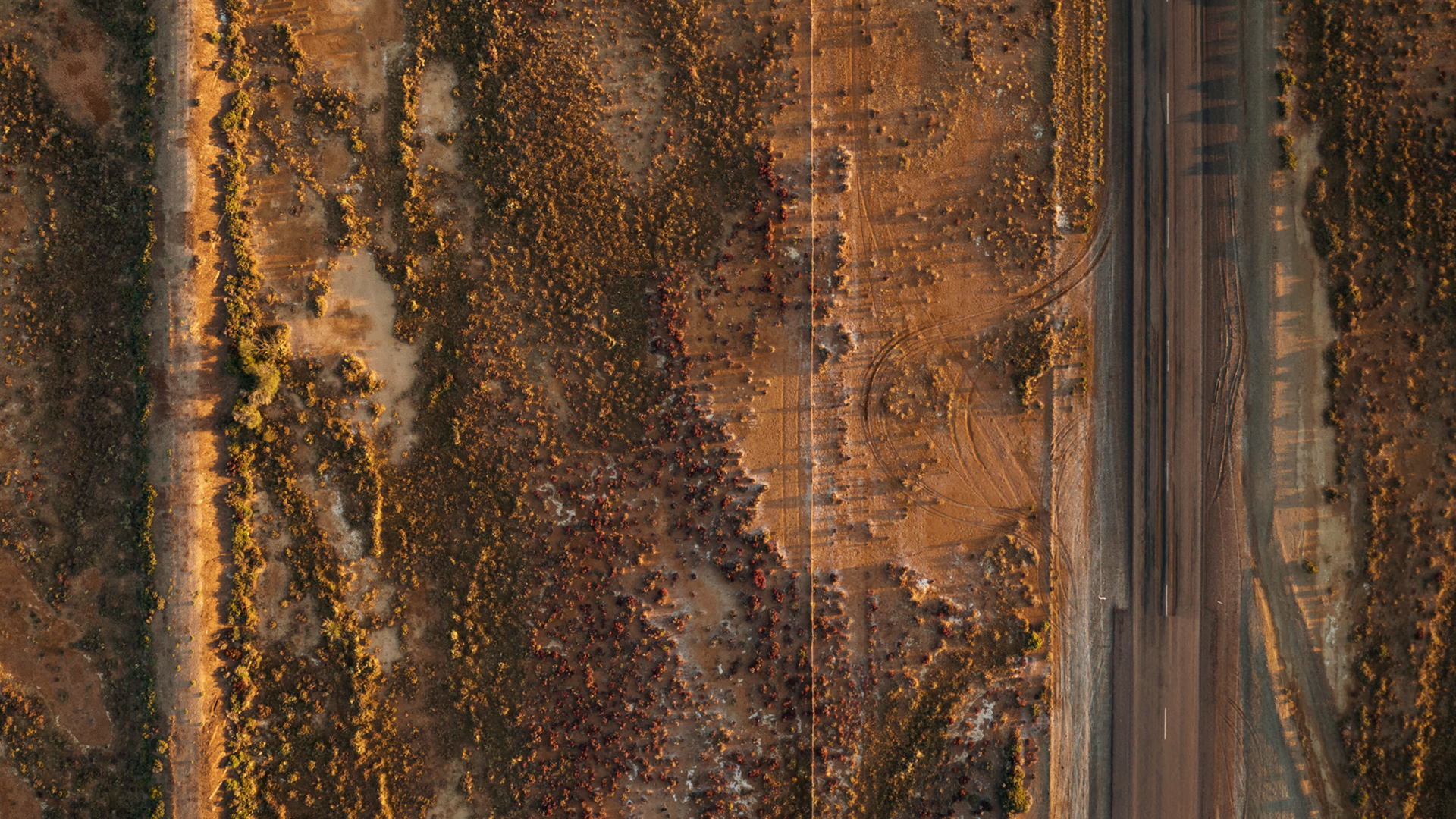History is more than just a backstory. It is the backbone and map to territories that have already been traversed. Knowing the history of a technology, or the ideas it embodies, can provide better questions, reveal potential pitfalls and lessons already learned, and open a window onto the lives of those who learned them.
At the School of Cybernetics, we believe that such histories help inform our understanding of present versions of those systems, as well as provide critical frameworks within which to explore the present and future systems.
What are the core ideas / tools?#
The core ideas and tools of this module are:
- “new” technologies are often constrained (in both obvious and less obvious ways) by old ones
- in complex technological systems the maintenance is more important than the construction
- “instantaneous” global communication, as provided by the Overland Telegraph Line, drove major societal transformation in Australia
- knowing the histories of Australia’s 19th century Overland Telegraph Line (OTL) can help us ask better questions of new technological systems, revealing potential pitfalls, lessons already learned, and how to make things work at scale
Learning outcomes#
At the end of the module, participants will be able to:
- explain a cybernetic approach to complex, dynamic systems, including the interplay of the human, ecological and technical in any system
- articulate the importance of multi-sited perspectives and points of view
- relate the pre/history of technical systems to contemporary systems design
- re-tell the history of a key Australian engineering and technology project (the Overland Telegraph Line)
Audience#
This module is for strategic decision makers interested in exploring alternative approaches and perspectives for making better decisions about new technologies.
Why take this module?#
This module will take participants on a journey through Australian history to explore the Overland Telegraph Line from the 19th to the 21st Century, discover legacies that continue to shape our lives and lessons to consider as we build the future’s complex systems.


